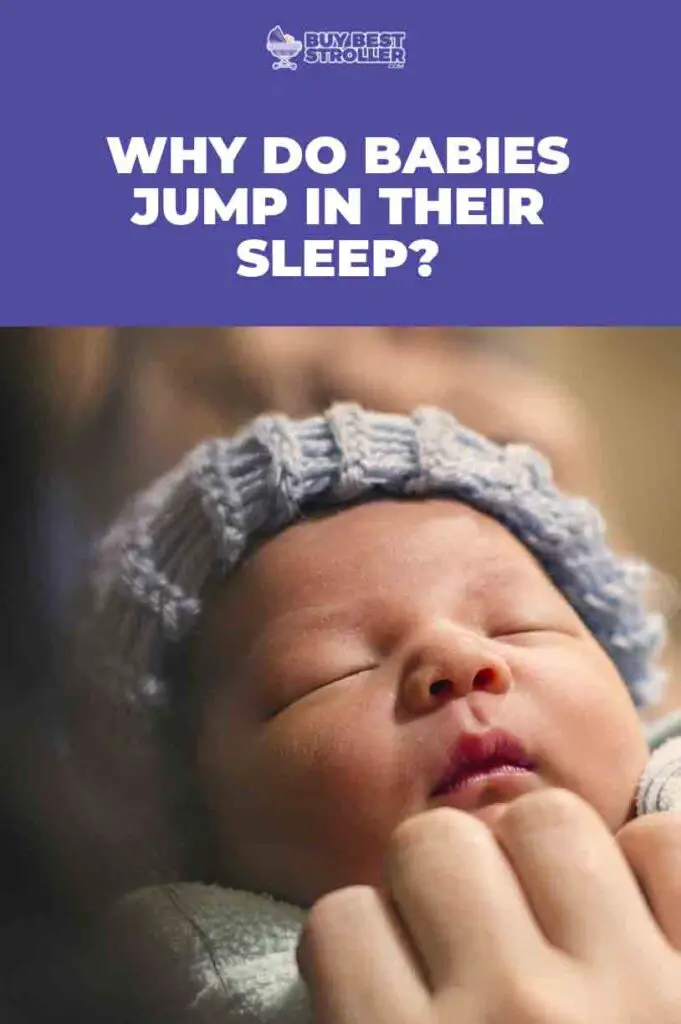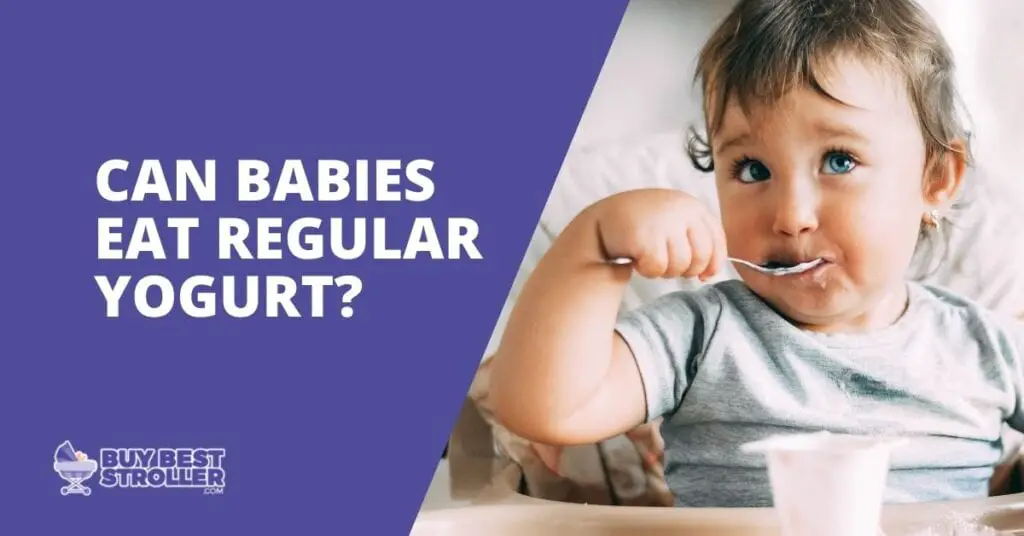Have you ever thought when you see your baby sleeping, why do babies jump in their sleep? As a new parent, it’s ok to worry when you see your baby’s strange movements, trembling hands, hand movements, and other erratic movements.
These are known as hypnic jerks that occur during sleep. According to Dr. Liggett, babies are more active in their sleep because they have more times of REM (Rapid eye movement) sleep.
When babies are sleeping, their brains are actively consolidating all the information they have learned throughout the day. So, this activity during sleep is beneficial for their development.
So why do babies jump in their sleep? The answer is not much complicated, it simply means your baby is relaxing their muscles and going to sleep. However, parents are often surprised when they observe their babies moving in a way they are not familiar with.
Pediatrician Dr. Whitney Casares explains that babies’ nervous systems are immature. As they sleep, their movements are often even less synchronized than during wakeful periods.
The baby’s experience is similar to when you wake up and think that you’re falling or tripping directly after falling asleep, but we usually don’t wake up.
Is It Normal For Babies To Jerk While Sleeping?
Why do babies jump in their sleep and is it normal for babies to jerk while sleeping? Absolutely Yes, A baby’s jerks or twitches while sleeping is perfectly normal.
This is a natural part of their development as they continue to develop their nervous systems. When your baby’s body twitches while sleeping, the brain could be teaching him how to use his limbs.
These episodes should last only a few seconds. Most of the time, the extra movements your baby makes are perfectly normal and harmless; it will usually outgrow them.
But parents should let their pediatrician know if a child has difficulty breathing, turns blue, or exhibits movement on only one side of the body since these can be signs of seizure activity. Also, Dr. Casares advises parents to seek medical attention if their babies are experiencing constant jerking movements while they’re asleep.
Read : Should You Wake Newborn From A Long Nap?
Also Read: When babies smile in their sleep do they see angels
When Do Babies Stop Jerky Movements?
Babies usually stop jerky movements after a few months. A newborn usually shows rooting, sucking, startle, grasp, and tonic neck reflexes shortly after birth. Infants’ reflexes, or involuntary movements, are part of their normal development, as we explained earlier. When babies are 3–6 months old, they gradually lose these reflexes as they mature.
Is It Ok Babies Move Their Arms And Legs Constantly While Sleeping?
It is quite normal for babies to move Their arms and legs during sleep. As a matter of fact, infants sleep very actively. In babies, you might hear them coo, moan, or smile, just as in toddlers, you might hear them murmur while sleeping.
When you notice that there is excessive movement, there appear to be more movement in arms and/or legs, or when the movement has a rhythm, it could be an indication of a medical problem.
If this occurs, you should consult with your pediatrician or sleep medicine physician to determine if additional treatment is needed.
What are Epileptic Spasms?
Epileptic spasms occur when there are uncontrolled electrical disturbances in the brain (seizures) during episodes of involuntary muscle contractions. They may happen only for a second or two, but they often happen fast, every 5-10 seconds, the seizures happen back to back.
As a result, a spasm causes the body to stiffen and to arch the back, bend the arms, legs, and head suddenly. However, infantile spasms are sometimes hard to detect-perhaps there is just a slight tummy crunch or a rolling of the eyes.
The most common time they occur is right after the baby wakes up, but rarely while the baby is asleep.
Most epileptic spasms occur in children under 2 years of age. These types of seizures occur in infants and are called infantile spasms.
Baby Sleep Jumping Treatment
In most cases, when sleep is relatively normal, no treatment is needed. After waking up, the twitching stops immediately, which suggests myoclonic twitches. Uncontrollable movements should stop once the baby is awake.
While your baby is awake, jerking movements or stiffening may indicate a seizure problem such as:
- Infantile Spasms -These occur between ages 2 to 12 months. You may notice jerking followed by stiffening.
- Benign familial neonatal convulsions – These commonly occur within the first few days of life. Generally, they stop between 6 and 9 months of age.
- Epilepsy – Epileptic disorder can result in seizures as well.
- Febrile Seizures -These occur when one is sick and accompanied by a sudden increase in temperature
You should consult your pediatrician if you feel there may be a more serious problem. Your doctor can better evaluate the movements if you record them on video.




